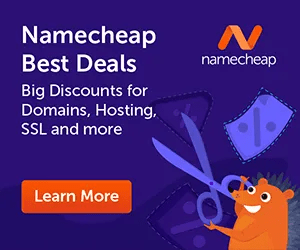The Nationwide Funds Company of India (NPCI) on Friday prolonged the deadline for third celebration UPI gamers to fulfill its 30 p.c quantity cap in digital cost transactions by two years to end-December 2024.
The choice could present a reduction to 3rd celebration app suppliers (TPAP) like Google Pay and Walmart’s PhonePe which have a majority share in UPI-based transactions.
NPCI runs the Unified Funds Interface (UPI) used for real-time funds between friends or at retailers’ finish whereas making purchases.
In November 2020, NPCI had introduced to restrict a single third celebration app to deal with solely 30 p.c of total UPI transaction volumes. The cap was to return in drive from January 1, 2021.
Nonetheless, the TPAPs (reside on November 5, 2020) which had been exceeding the cap got a interval of two years to adjust to the norms in a phased method.
“Taking into consideration the current utilization and future potential of UPI, and different related elements, the timelines for compliance of current TPAPs who’re exceeding the quantity cap, is prolonged by two (2) years i.e. until December 31, 2024, to adjust to the quantity cap,” NPCI said in a round.
NPCI additional mentioned that in view of serious potential of digital funds and the necessity for multi-fold penetration from its present state, it’s crucial that different current and new gamers (banks and non-banks) shall scale-up their shopper outreach for the expansion of UPI and obtain total market equilibrium.
TPAPs usually tie-up with banks on the back-end so as to add customers and course of funds for them.
It was reported final month that the NPCI is planning to suggest the Reserve Financial institution to implement the sooner deadline of December 31, 2023, for limiting the quantity cap of gamers to 30 p.c. It’s to be famous that at the moment there isn’t any quantity cap, resulting in Google Pay and PhonePe accounting for round 80 p.c of the entire market share.





/cdn.vox-cdn.com/uploads/chorus_asset/file/25545954/STK466_STK205_STK175_ELECTION_2024_TRUMP_HARRIS_CVIRGINIA_A.jpg?w=218&resize=218,150&ssl=1)





/cdn.vox-cdn.com/uploads/chorus_asset/file/25545954/STK466_STK205_STK175_ELECTION_2024_TRUMP_HARRIS_CVIRGINIA_A.jpg?w=100&resize=100,70&ssl=1)


